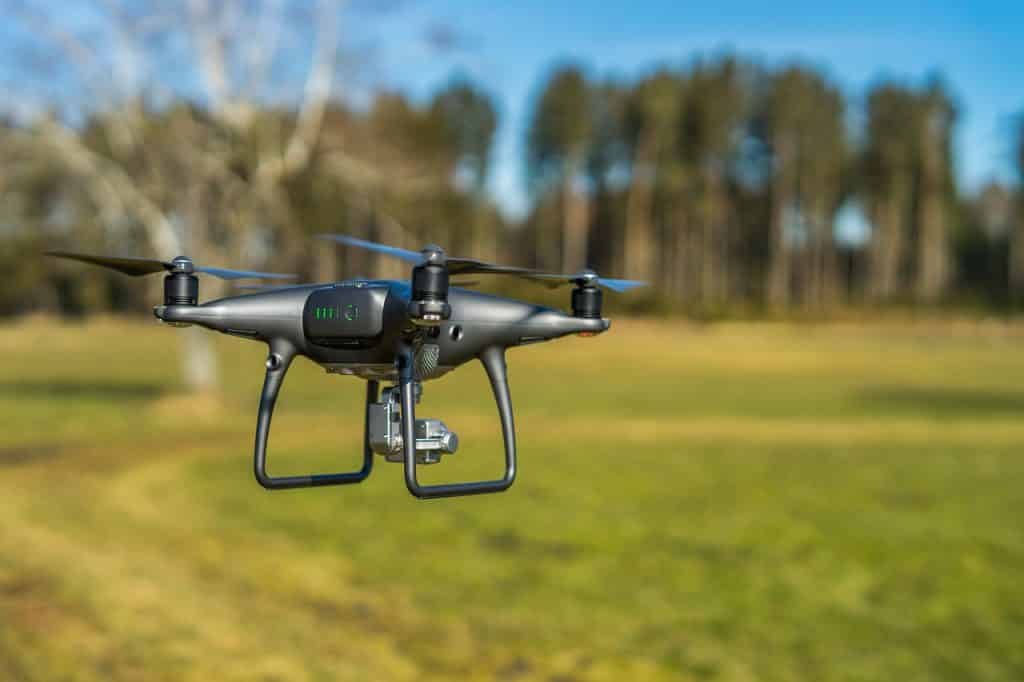
Drones now crop up in every walk of life. The opportunities to add value to existing services are increasing, and research from Price Waterhouse Coopers (PwC) suggests that the use of UAVs can help to boost the British economy by £42bn by 2030…
That’s quite some figure, but the PwC report comes from a globally recognised organisation. PwC is a network of firms offering professional services around the world. This includes audit, accounting and management consultancy. Much of PwC’s strategy is built on helping others become technology enabled. Drones are now being recognised as an integral part of economic growth.
With so many uncertainties facing the UK because of Brexit negotiations, seeing the country establish itself as a real force in unmanned aerial vehicle technology is a huge boost to business.
Commercial drone operators already provide aerial services to many UK industries, something that has been apparent to Coverdrone for several years. The need for insurance cover for a growing range of reasons has highlighted how prevalent the use of drones has already become.
Government agencies, local authorities and police forces have also begun testing and assessing how UAVs can help to increase efficiencies and save costs.
How Will Drones Boost the Economy?
The PwC report suggests that growth is possible across many sectors. The increases could happen because of costs savings that yield greater productivity, with media and communications industries making significant gains. The value of data gathered from drones will benefit numerous sources.
The big numbers on the PwC report show areas that include the Public Sector, Defence, Health and Education potentially growing by £11.4bn (that’s an impact of 2.3% on the sector) because of the use of drones.
Finance, Insurance, Professional Services and Administrative Services could deliver £10.4bn more (a 1.6% impact) because of drone flexibility and cost reductions.
However, in pure percentage impact terms, the Wholesale, Retail Trade, Accommodation and Food Services sector is predicted to grow 2.5% (£7.7bn). That probably means deliveries, such as the Amazon Air concept that has been much hyped over the last year. Will that become a reality?
What Jobs Will Drones Create?
There are some exciting employment possibilities that could evolve through increased use of drones across the United Kingdom. Although the growth in UAV numbers (over 76,000 predicted to be buzzing around UK airspace by 2030) will mean more opportunities to fly and control the devices, there will be a series of support, development and supply chain jobs also being created.
In fact, across the board, the PwC report estimates there could be 628,000 people employed by the drone industry in the UK economy by 2030.
The obvious roles include logistics, where positions from programming hardware to loading and servicing delivery drones will be created.
Unseen jobs, such as producing regulatory guidance to manufacturers, distributors and operators will rise, and the need to train users to high standards will be imperative as the number of UAVs in the sky increases.
Creating new drone designs, larger machines with enhanced physical capacity and able to fly with smaller, lighter batteries will mean high-tech research and development careers.
Filling the skills gap will be a challenge. Schools, Further Education settings and University Technical Colleges will need to develop exciting courses to attract the drone technologists of the future. If these talents are not developed, the country risks losing its position as a leader in the field.
Whatever roles emerge for drones and their operators, Coverdrone will provide up-to-date advice and the most appropriate drone insurance to match business requirements.
Coverdrone has been committed to supporting the growth of unmanned aerial vehicles for nearly a decade. The next few years is set to see the pace quicken.
If you would like to keep up to date with our blog articles, please follow our Coverdrone Facebook and Coverdrone Twitter accounts for regular updates!
